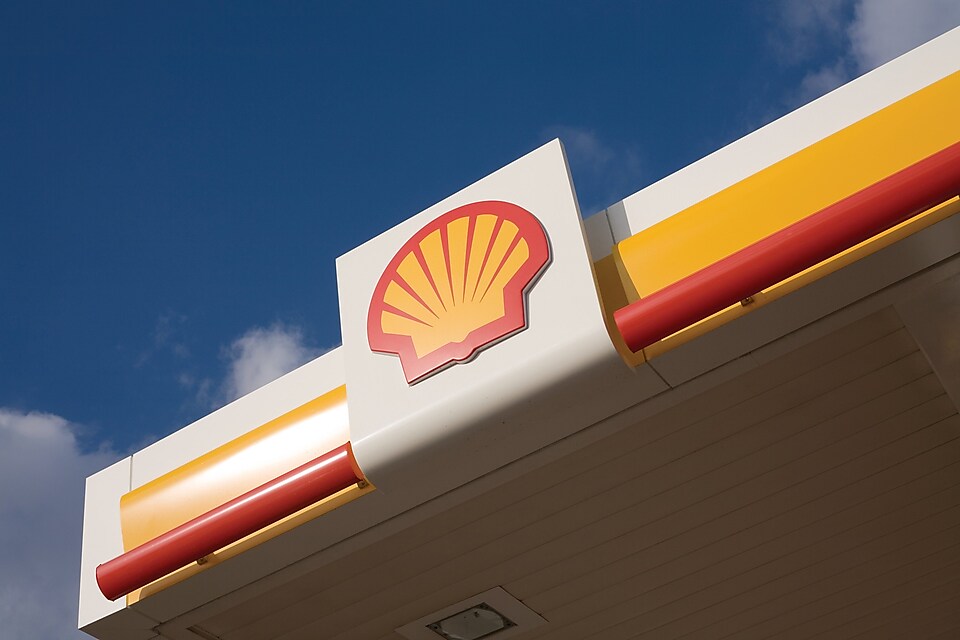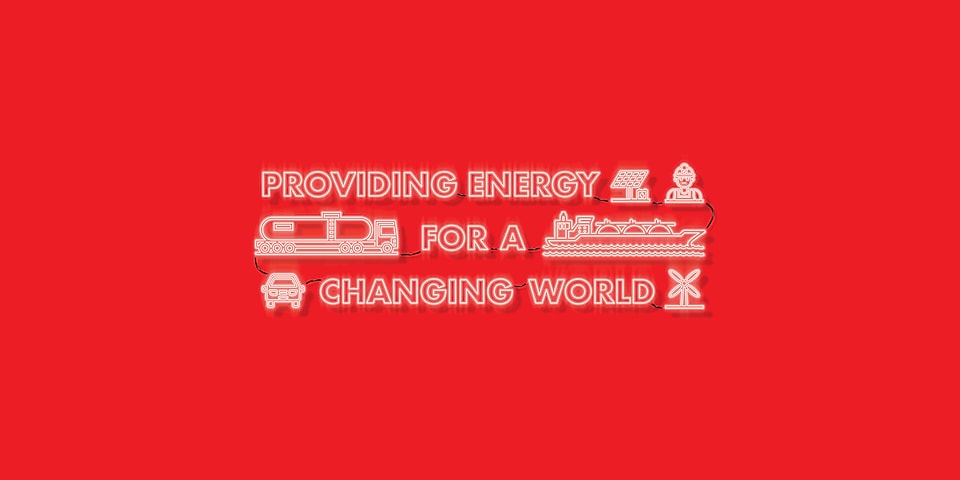
Media
View our latest news and media releases, access our image and video library or download our annual reports.
Latest News and Highlights
Oil leak has stopped and clean-up effort has been completed
Dec 28, 2024
Oil sheens were spotted alongside a wharf on December 26, 2024 at Shell Energy and Chemicals Park Singapore on Bukom.
Shell and Dementia Singapore partner to drive dementia awareness and support
Nov 23, 2024
In this partnership, Shell’s network of service stations – as one of the largest mobility networks in Singapore – will be leveraged to amplify dementia awareness within the general public and support the growing community of persons living with dementia, their families and caregivers.
Shell's clean-up effort of oil leak has been completed
Oct 30, 2024
Shell would like to confirm that we have completed clean-up of the channel between Bukom Besar and Kechil Islands near the original source of the oil leak on Tuesday, October 29, 2024.
Shell in partnership with Vena Energy receives conditional approval for cross-border supply of renewable power
Sep 05, 2024
Shell’s partnership with Vena Energy to develop a cross-border supply of renewable power between Singapore and Indonesia has received Conditional Approval from the Energy Market Authority of Singapore.
Shell signs agreement to acquire Pavilion Energy
Jun 18, 2024
Shell Eastern Trading Pte. Ltd., a subsidiary of Shell plc, has reached an agreement with Carne Investments Pte. Ltd., an indirect wholly-owned subsidiary of Temasek, to acquire 100% of the shares in Pavilion Energy Pte. Ltd. Pavilion Energy includes a global liquefied natural gas (LNG) trading business with a contracted supply volume comprising about 6.5 million tonnes per annum (mtpa).
FEATURED STORIES
Clarifications
Statements issued by Shell Singapore to clarify various incidents, false statements or scams that may be misguiding or misleading our customers.
Shell Publications
The 2018 Annual Report and Form 20-F, the 2018 Sustainability Report and the 2018 Investors' Handbook are now available for online reading and as PDF download.
Partnering Generations for Our Energy Future
More than five generations of Singapore residents have kept faith with us since 1891. Discover Shell’s 125 years in Singapore.


